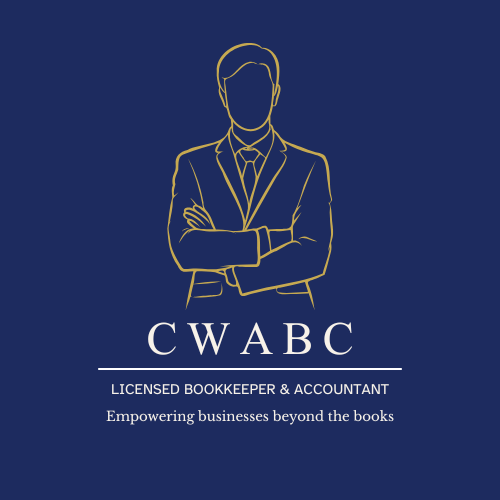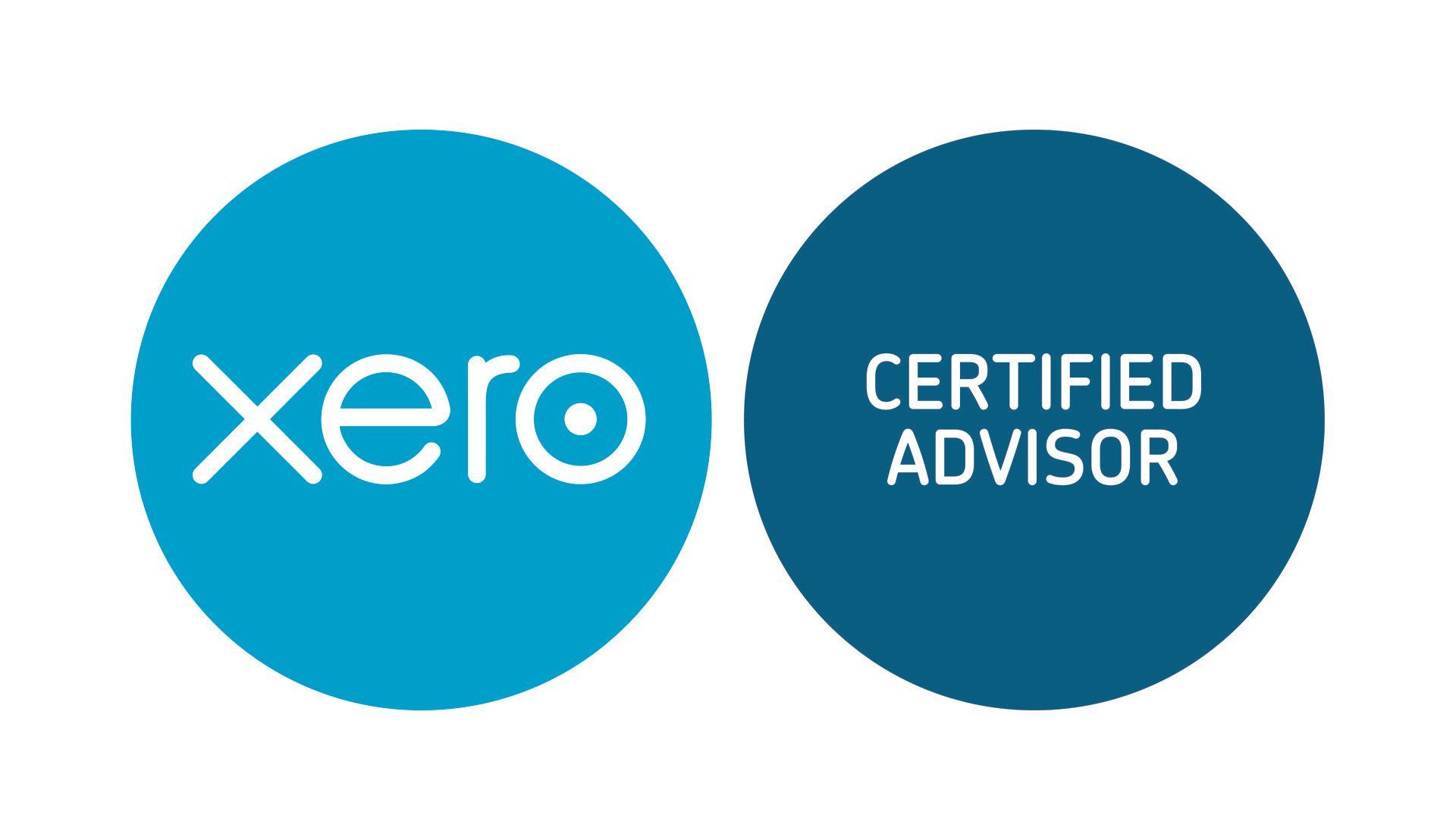How Often Should You Update Your Books to Stay on Top of Your Finances?
How Often Should You Update Your Books to Stay on Top of Your Finances?

Keeping your books up to date is essential for maintaining the financial health of your business. Proper bookkeeping helps you monitor cash flow, prepare for taxes, and make informed business decisions. But how often should you update your books to ensure you're always on top of your finances?
Here’s a breakdown of the key activities and how often you should tackle them:
Daily Tasks:
- Record Transactions: Keep track of all sales, expenses, and payments received. Staying on top of these daily will ensure you don’t fall behind and avoid missing important financial details.
- Monitor Cash Flow: Checking your cash flow regularly helps you know exactly where your money is going and coming from, avoiding nasty surprises.
Weekly Tasks:
- Reconcile Bank Transactions: At least once a week, make sure your recorded transactions match your bank account.
- Review Expenses and Categorize: Review your receipts and expenses, making sure they are categorized correctly. This makes tax time much easier.
- Accounts Payable and Receivable: Check who owes you money and who you owe. Follow up on unpaid invoices and make timely payments to avoid late fees.
Monthly Tasks:
- Bank Reconciliation: By the end of the month, you should have fully reconciled your bank statements with your internal records.
- Review Financial Statements: Look at your income and expense reports, balance sheet, and profit and loss statements. This helps you assess whether your business is meeting its financial goals.
- Prepare for Taxes: Depending on the size of your business, you might need to set aside money for VAT or other tax obligations.
Quarterly Tasks:
- Review Financial Health: Every three months, evaluate your overall financial performance. Compare your current figures with previous quarters to track growth or identify areas for improvement.
- Tax Planning: This is the time to start preparing for any quarterly tax estimates you need to submit. Review deductions and ensure that you’re taking advantage of all available tax breaks.
- Adjust Budgets: Use quarterly reviews to tweak your business budget. Reallocate funds to better align with business goals.
Annually:
- Prepare Year-End Financial Statements: By the end of the fiscal year, your books should be fully reconciled, with a complete record of income, expenses, and taxes.
- Tax Filing: Ensure that all your documentation is in order for year-end taxes, whether it’s for VAT, income tax, or corporation tax.
- Financial Performance Review: Use your year-end reports to reflect on your business performance and set financial goals for the upcoming year.
Why Regular Updates Are Important
- Avoid Costly Errors: Falling behind on bookkeeping often leads to mistakes that are harder to fix later.
- Financial Clarity: Regular updates allow you to see the financial health of your business clearly at all times.
- Smooth Tax Filing: Keeping everything organized throughout the year makes tax season less stressful.
Need Help Managing Your Books?
Updating your books regularly can be time-consuming, but it’s crucial to the success of your business. If you're feeling overwhelmed or unsure how to get started, CW Licensed Bookkeeper & Accountant can help. Reach out to us at info@cwabc.co.uk or call 07306 812321 for professional bookkeeping services tailored to your business needs.















